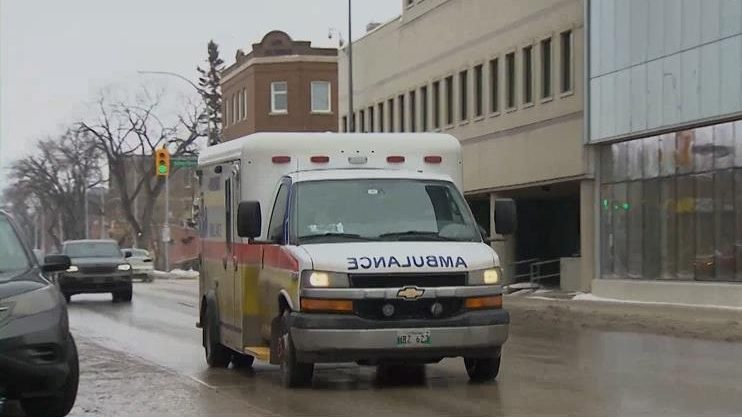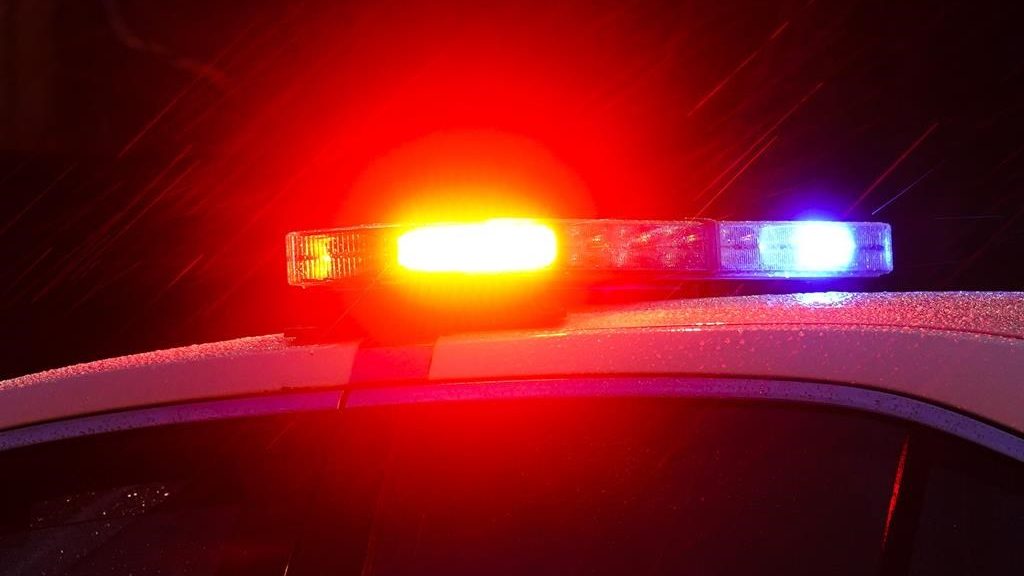Some Winnipeg residents think twice about calling ambulance due to cost

Posted March 16, 2023 6:44 pm.
Last Updated March 16, 2023 6:47 pm.
Some in Winnipeg are being forced to think about their wallets before their health due to the cost of ambulance services in the province.
Data from the Winnipeg Fire and Paramedic Service (WFPS) show a significant spike in billing complaints – up more than 100 per cent when compared to the previous five-year average.
“We used to (call an ambulance), but then we stopped, because of the expense,” said Corey Reid.
Reid’s loved one, Glen Hoban, is living with epilepsy and experiences seizures as a result. He says the episodes can be scary and sometimes last several minutes.
“I think I’ve adjusted to it. I think we both have. But even just having someone there while it’s happening.”

Cory Reid says he used to call 911 when his loved one Glen Hoban was experiencing seizures, but he says that’s no longer the case due to the costs associated with ambulance services in the province. (Credit: CityNews/Morgan Modjeski)
He used to call for an ambulance to ensure Glen’s safety, but that’s no longer the case because of the cost.
“He doesn’t ask to have this disorder and it just feels really unjust to even be charged at all,” said Reid.
Reid’s not alone in his concerns around the cost of ambulances. There were 308 complaints recorded in 2022 where a person was unable, unwilling or did not have the necessary finances to cover the costs.
That’s an increase of more than 224 per cent when compared to the low recorded in 2020 of 95 and an increase of more than 100 per cent when compared to the previous five-year average of 150.

Data from the Winnipeg Fire and Paramedic Services details complaints received by the public about the WFPS. (Credit: Winnipeg Fire and Paramedic Service)
Reid says the province, which sets the prices for ambulances, should make the service free, as people should not have to be thinking about their wallet when worrying about their health.
Shared Health covers a large portion of the bill, but patients will be out of pocket anywhere between $237 to more than $950 depending on the situation.
Shared Health did not immediately provide comment.
The WFPS, which facilitates billing on behalf of the province, said in a statement the spike could be attributed to the fact the distribution of reminder invoices stopped during COVID-19, with an increase in complaints expected when the reminders were sent out.
“It certainly would be a barrier, and $250 is a lot of money to many people,” said Christian Sweryda.
Sweryda says he too is frustrated with the billing system after he was blindsided by a late bill last year, which he couldn’t get covered by insurance due to what he calls a lack of response from WFPS.
“It’s relieving to know that mine isn’t an isolated case, that it seems to be a systemic issue,” he said. “Because it doesn’t make any sense if they want people to pay their bills, why they make it so difficult.”
The WFPS says the majority of complaints are related to payment concerns and arranging payment.
They say residents should always call 9-1-1 if in or witnessing a potential life-and-death emergency.
“WFPS works closely with recipients to make arrangements to help make them more affordable through extended payment plans, if needed,” it said in a statement. “WFPS can also work with bill recipients to identify agencies that may be able to help with the cost.”








